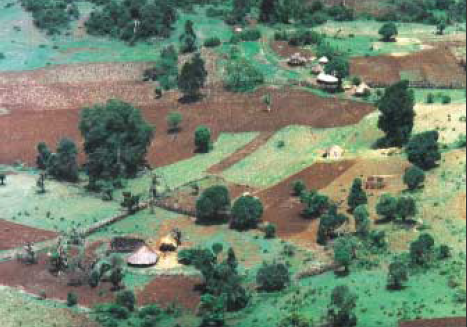Resource information
[adapted from GTZ] 1999- More than one hundred technical co-operation projects on three continents supported by the various technical departments of GTZ were involved in this discussion on Land Use Planning, paying specific attention to gender and women’s promotion through its pilot program “Gender and Women’s Promotion”.
An important function of the project was to empower disadvantaged groups. Men and women often have different access to resources, different opportunities of expressing themselves and different interests because of their economic and social roles as well as areas of work. Experience has shown that the needs of women are often not integrated into the discussion process, unless this is specifically proposed due to the project design. Inclusion of disadvantaged groups can be achieved then by explicitly inviting landless people or women to attend meetings, and by using participatory methods to ensure that their interests are at least heard and discussed.
A precise analysis of the working conditions of women is a pre-condition for the development of short and longer-term strategies for the participation of women in land use planning.
The report states that one result of land use planning must be to secure the access to land for women according to their roles and areas of work. By including them in the planning and decision-making process, e.g. the work in committees, their competence in negotiations is promoted. Hence empowerment of women is an explicit objective of the Technical Co-operation.
To read the report in full visit http://www.iapad.org/wp-content/uploads/2015/07/gtz_plup.pdf

